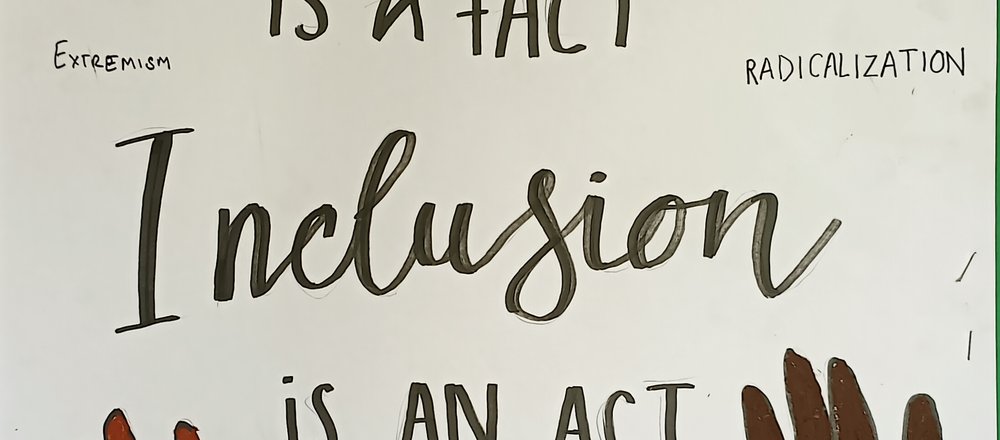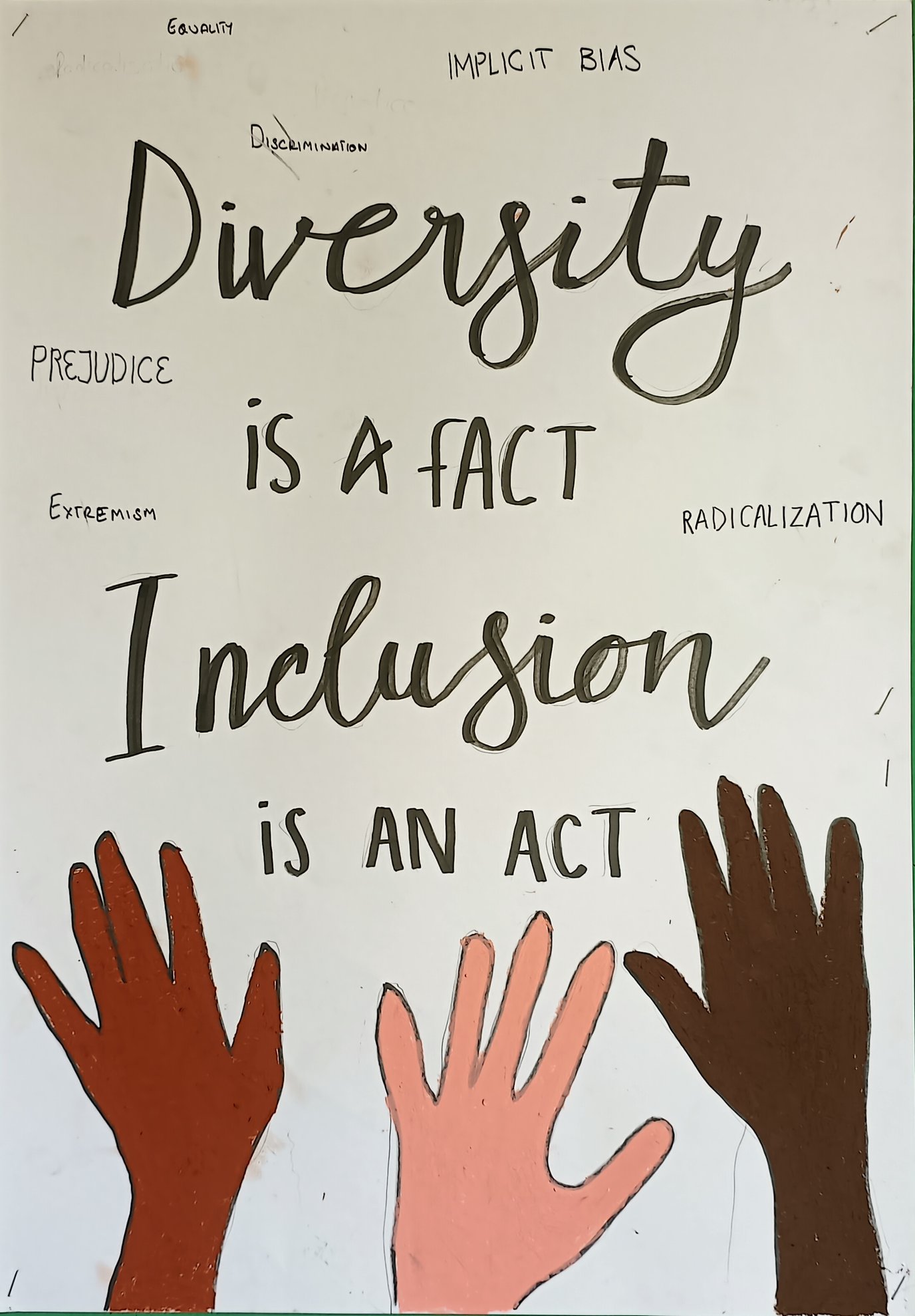RELATIONSHIPS; DIVERSITY AND INCLUSION

24th February 2024
In Term 2A for PSHCE, Year 12 students have engaged in a thorough exploration of values, relationships, prejudice, and discrimination. The aim of this unit was to equip students with the knowledge and skills necessary to thrive in a diverse society and actively challenge prejudice and discrimination.
Throughout the unit, students learned to articulate their relationship values and apply them to various types of relationships. They were encouraged to recognise and confront prejudice and discrimination, understanding their rights and responsibilities regarding inclusion. The impact of different faiths and cultural views on relationships was explored, along with strategies to respectfully challenge them when appropriate.
A major focus of the unit was the development of strategies to challenge prejudice and discrimination related to the protected characteristics outlined in the Equality Act (2010). Students were introduced to the importance of education and awareness, inclusive policies, fostering inclusive language and communication, encouraging reporting and accountability, promoting diverse representation and participation, facilitating positive intergroup contact, and continuously evaluating and improving inclusion strategies.
Additionally, students learned about their rights, roles, and responsibilities in a diverse society and how to respect and advocate for them. They celebrated cultural diversity and promoted inclusion while understanding the importance of safely challenging prejudice and discrimination, even in online spaces.
The unit also addressed the topic of extremism and radicalisation, providing students with knowledge on how to reduce associated risks and when and where to seek help.
Implicit bias was a critical aspect of this unit. Students gained an understanding of how implicit biases can influence judgments and actions toward others. They learned the importance of recognising and addressing these biases to foster a more inclusive society.
Throughout the unit, the interconnectedness of values, relationships, prejudice, and discrimination was emphasised. Students learned that values shape attitudes and behaviours, positive relationships challenge and reduce prejudice, prejudice can harm relationships, and discrimination is the harmful consequence of biassed attitudes.
In conclusion, this unit has equipped students with the tools to create a more inclusive and equitable society. By examining their values, building diverse relationships, challenging prejudices, and eliminating discriminatory practices, they are prepared to contribute to a more just and inclusive world.
To consolidate their learning, students participated in a discussion quiz where they applied their knowledge to real-life scenarios. They also created a poster stating "Diversity is a fact, and inclusion is an act," highlighting the importance of actively embracing diversity and promoting inclusive practices.
Miss Mang'oli





